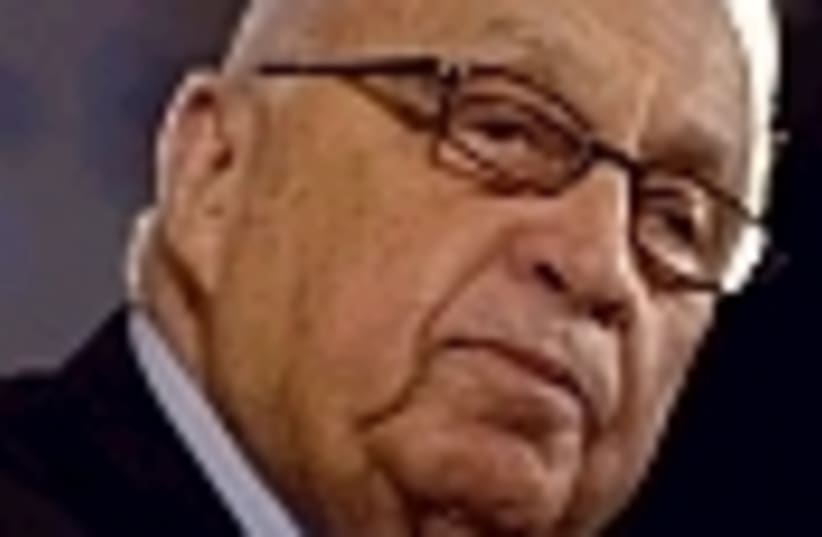| More about: | Benjamin Netanyahu, Palestinian National Authority, Knesset, Jerusalem |
Analysis: An exercise in keeping options open
Sharon's speech sent a message that he has not yet written-off the Likud.


| More about: | Benjamin Netanyahu, Palestinian National Authority, Knesset, Jerusalem |